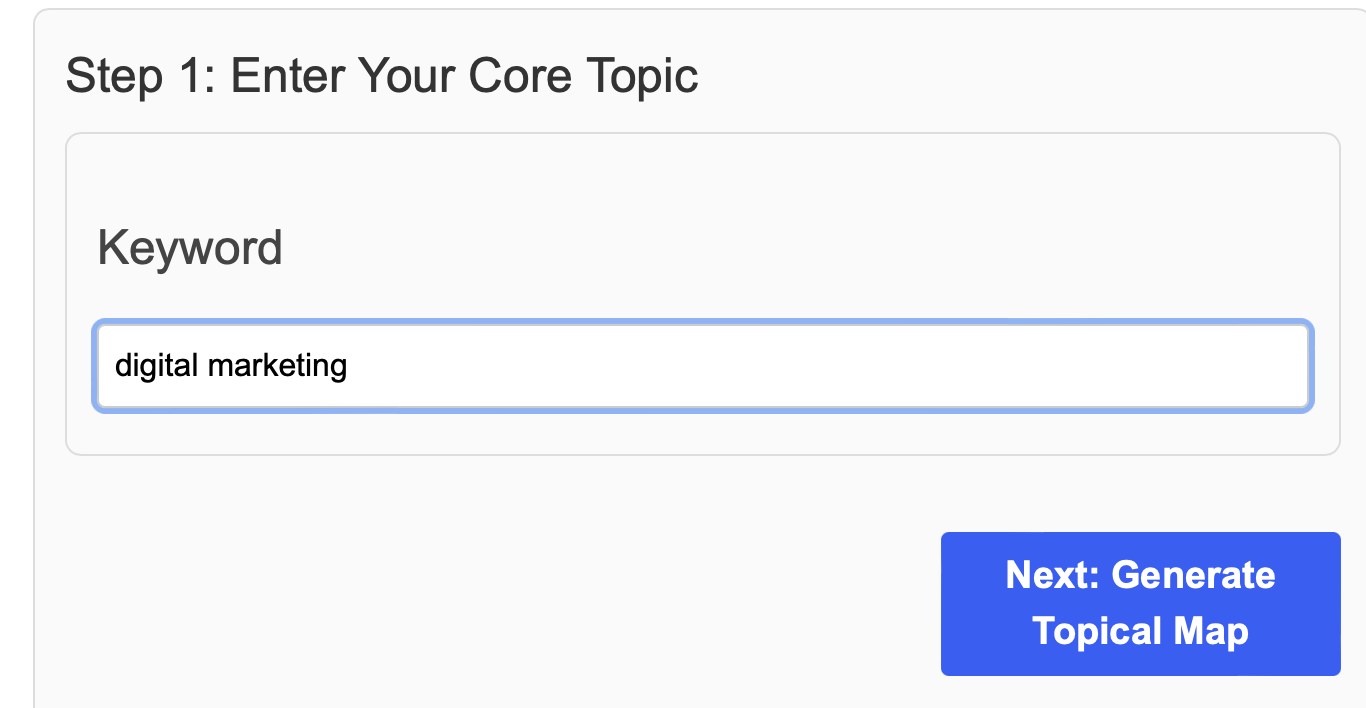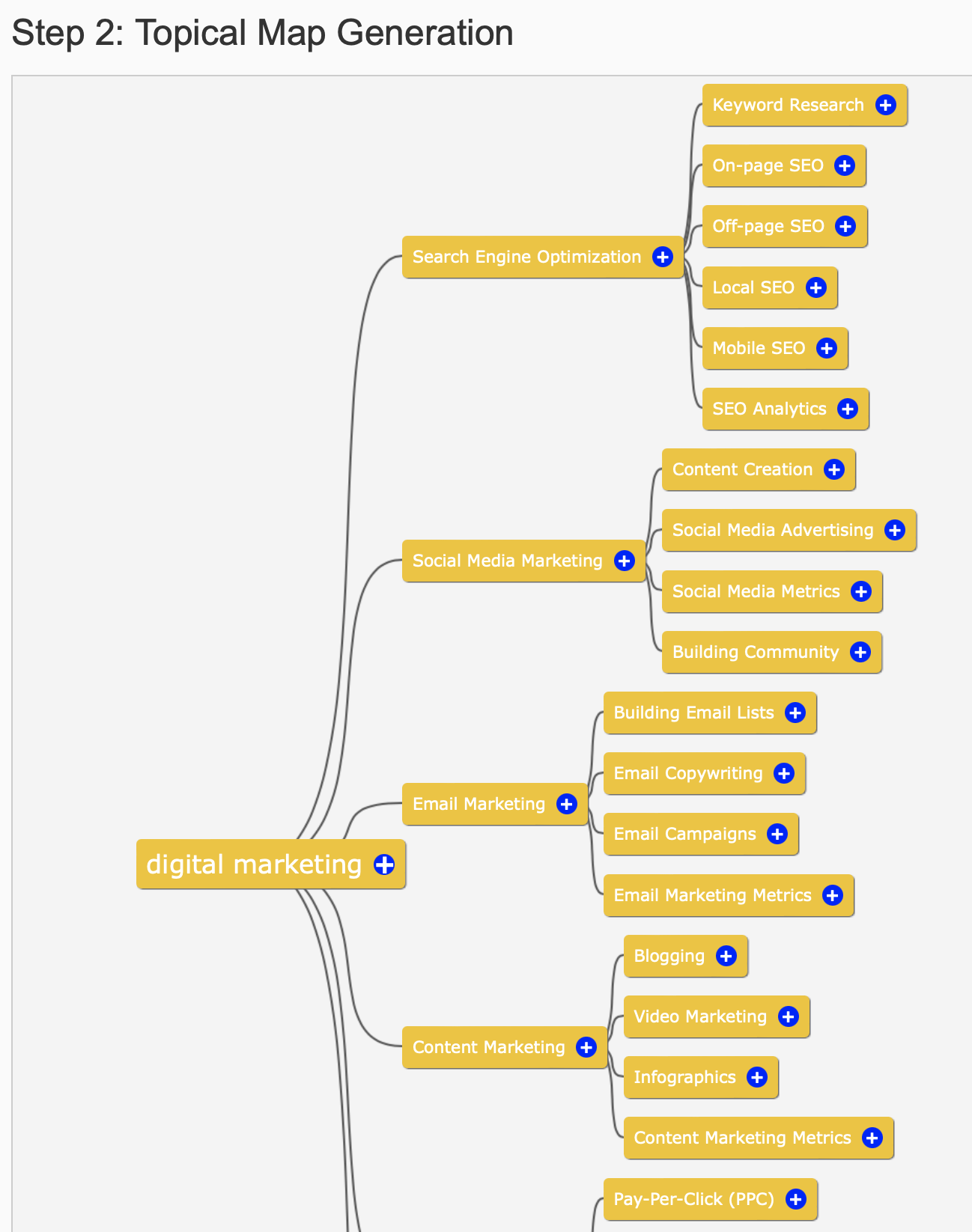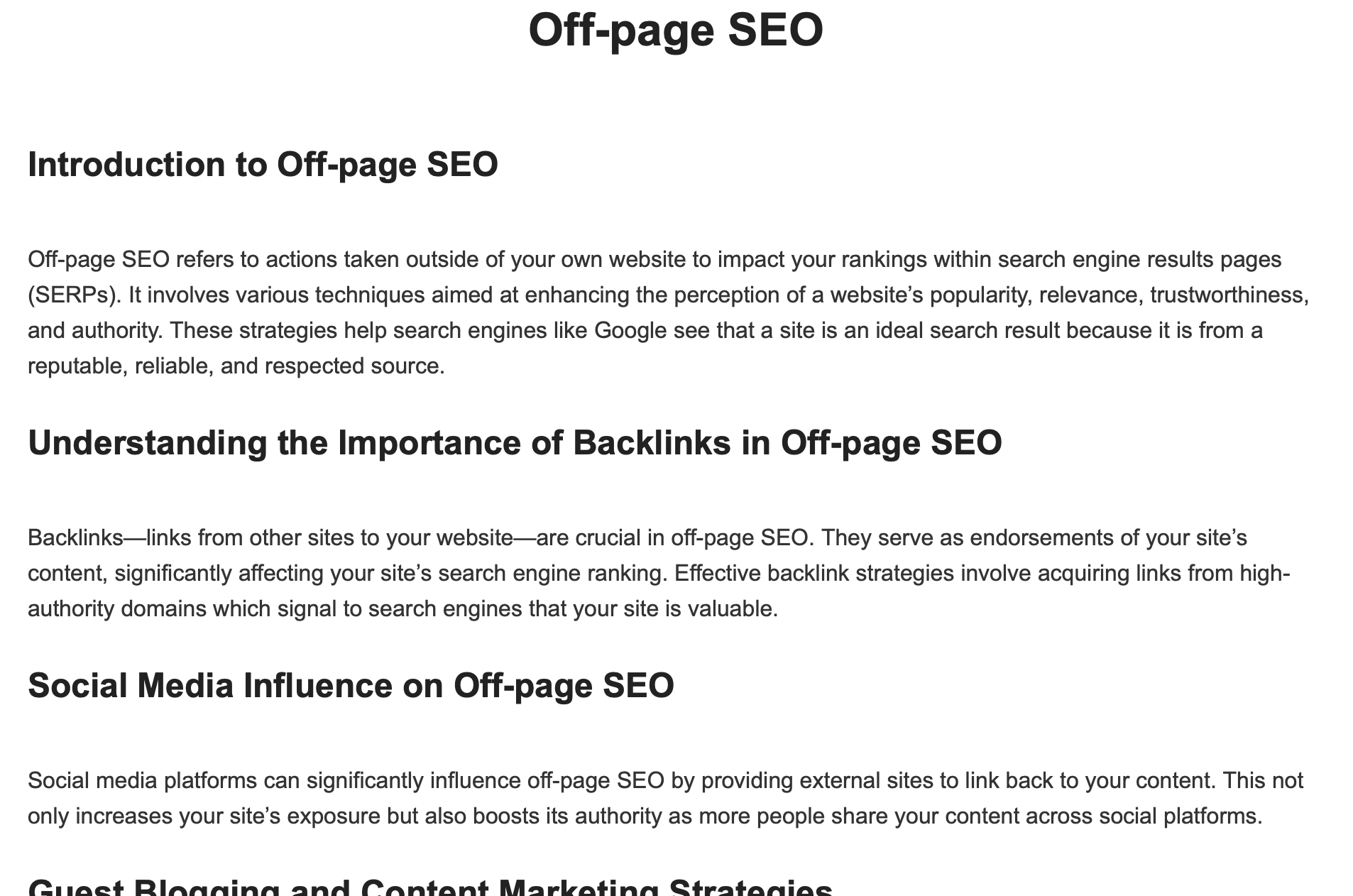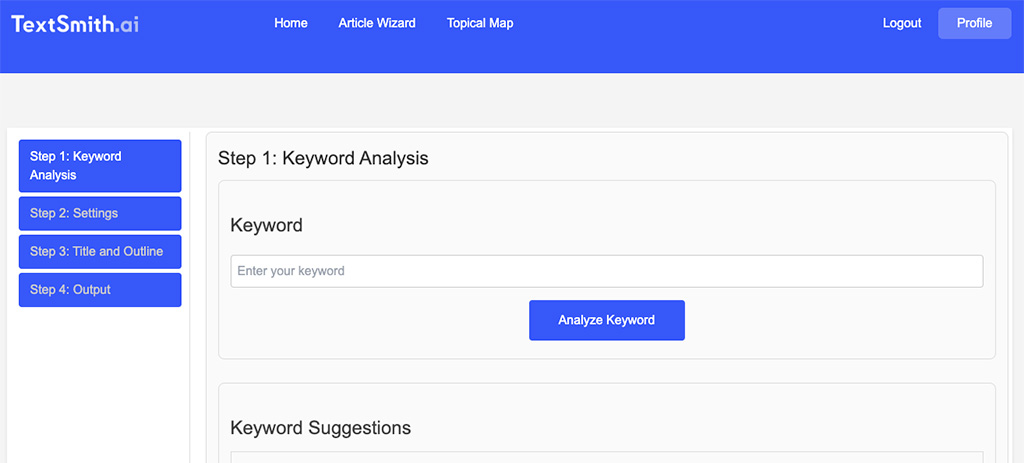Understanding Topical Maps for SEO
4 minute read
How They Can Elevate Your Content Strategy
In the competitive world of SEO, staying ahead requires more than just keyword optimization. A well-structured topical map can be a game-changer for your website's search engine ranking. Topical maps allow you to organize content in a way that not only enhances user experience but also signals to search engines that your site is an authoritative source on a given subject.
What is a Topical Map?
A topical map is an organized framework that outlines the relationships between various pieces of content on your website. It visually represents how different topics and subtopics connect, ensuring that your content is comprehensive, cohesive, and strategically interlinked. The primary goal of a topical map is to cover a subject thoroughly, providing users with all the information they need while helping search engines understand the context and relevance of your content.
The Importance of Topical Maps in SEO
Search engines like Google aim to deliver the most relevant and comprehensive results to users. By creating a topical map, you can demonstrate to search engines that your site covers a topic exhaustively. This not only improves your chances of ranking higher for individual keywords but also boosts your site's overall authority on the subject.
A well-constructed topical map also enhances the user experience by providing easy navigation through related content. This reduces bounce rates, increases time spent on the site, and encourages deeper engagement—all of which are positive signals to search engines.
Building a Topical Map: A Step-by-Step Guide
Let's dive into a practical example using a popular keyword: "digital marketing." Here's how you can create a topical map around this keyword. We are going to be using TextSmith.ai topical map generation tool here.
1. Identify the Core Topic
The core topic in this case is "digital marketing." This will be the central node of your topical map.

2. Generate at least 3-4 levels of hierarchy
In the case of “digital marketing” the system generates following subtopics:
- Search Engine Optimization
- Social Media Marketing
- Email Marketing
- Content Marketing
- Paid Advertising (PPC)
- Affiliate Marketing
- Influencer Marketing
For each subtopic, it identifies relevant content that further explores the subject. For example:
- Keyword Research
- On-Page SEO
- Off-Page SEO
- Local SEO
- …
Social Media Marketing:
- Content Creation
- Social Media Advertising
- Social Media Metrics
- Building Community
- …

3. Define the parameters
Define the parameters (language, localization, length, tone, etc) for the content and it will start generating SEO-friendly content and fill the gaps in your topical map.
4. Content Creation and Optimization
Once your topical map is outlined, begin creating or optimizing content according to the map. Ensure that each piece is thorough, valuable, and aligned with the overall strategy.

Benefits of Using a Topical Map
- Improved SEO Rankings By covering all aspects of a topic, your site is more likely to rank for a variety of related keywords, increasing your chances of appearing in search results.
- Enhanced User Experience A well-structured topical map makes it easier for users to find the information they need, leading to longer site visits and higher engagement.
- Authority Building Covering a topic comprehensively positions your site as an authoritative source, which can attract backlinks and further improve your rankings.
- Content Gaps Identification A topical map allows you to identify gaps in your content, ensuring that you don’t miss out on potential traffic for related search terms.
Conclusion
Creating a topical map is an essential part of a modern SEO strategy. By organizing your content around a core topic, breaking it down into relevant subtopics, and interlinking your content, you can significantly improve your site’s visibility, authority, and user experience.
Tools like the topical map creation feature in TextSmith.ai can streamline this process, helping you to create a strategic, data-driven content plan that drives results.
If you're serious about dominating your niche in search engines, it's time to start building your topical map today.
Ready to Speed Up Your Content Process?
Generate hundreds of blog posts daily, fill content gaps, and establish yourself as an authority in your niche!

